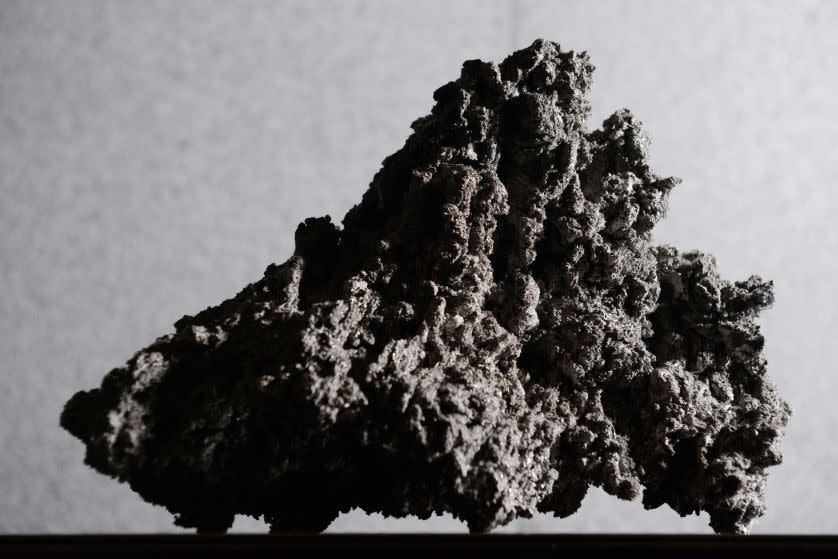
(Bloomberg) — Japanese company Toho Titanium Co. is ramping up output of the metal used to make aircraft amid a shortfall caused by Boeing Co. and Airbus SE avoiding purchases from Russia, the world’s largest supplier.
Toho has won orders from U.S. aviation industry customers who are looking for alternatives to Russian supply, according to Hiromu Tomeba, manager of the corporate planning division. It’s been asked to ship 2,000 to 3,000 tons of titanium sponge to them by the end of the year, he said.
“Customers asked us to expand supplies as they seem to be concerned about future procurement and wanted to pile up stocks,” Tomeba said in an interview. They want to be prepared for a threat to business continuity after Boeing stopped buying from Russia, he said.
Japan has emerged as a beneficiary as the global aviation industry seeks to cut ties with Russia’s VSMPO-Avisma Corp., the world’s biggest titanium producer that was previously a major source of the metal for Boeing and Airbus. Toho and its larger peer, Osaka Titanium Technologies Co., are among the few non-Russian suppliers of the metal that buyers can turn to.
A spokesman at Osaka Titanium said the company hasn’t received any additional orders, declining to provide further details.
Boeing said it had halted purchases from Russia in early March. Airbus, which has continued to source titanium from VSMPO-Avisma, said last month that it would look for alternative supplies.
The U.S. plane-maker said it “has substantial titanium inventory due in part to an initiative several years ago to diversify our global sources,” in a response to questions. “We will continue to take the right steps to ensure long-term continuity.”
Toho makes titanium sponge, a semi-processed material that’s subsequently turned into a finished metal used in everything from aircraft to liquefied natural gas plants. The company will utilize extra capacity at its joint venture in Saudi Arabia, which opened in 2019, and ship existing stockpiles from Japan to meet the new orders, Tomeba said.
The Saudi plant only supplies non-aviation customers, but will likely be certified to produce for plane-makers by the end of April, he said. It will raise its operating rate to 60% of capacity in June, from the current 40%, and will look to get to 70% in September and then even higher next year, Tomeba said.
Boeing used to source about one-third of its titanium from VSMPO-Avisma, while Airbus got about half of its supply from the Russian company before the pandemic sapped demand for long-range jets, Douglas Harned, an analyst at Sanford C. Bernstein & Co., said in a note last month. The manufacturers stockpiled the metal ahead of the Russian invasion of Ukraine, but if current conditions persist there could be a shortage in 2023, he said.
©2022 Bloomberg L.P.